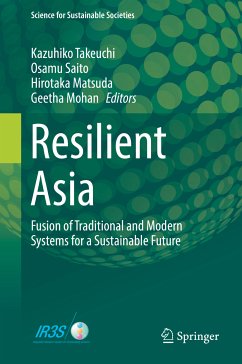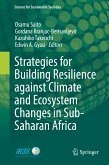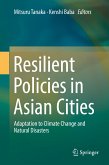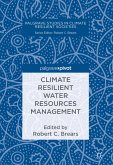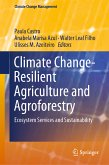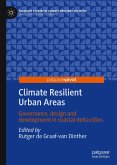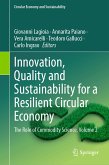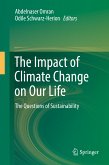The book starts with climate downscaling and impact assessment in rural Asia, and then explores various adaptation options and measures by utilizing modern science and traditional knowledge including home garden systems and ancient irrigation systems. The book subsequently examines the influence of climatic and ecological changes and the vulnerability of social economies from quantitative and qualitative standpoints, applying econometric and statistical models in agriculture communities of Asia to do so. The main goal of all chapters and case studies presented here is to identify the merits of applying organic methods to both commercial large-scale production and traditional production to strengthen social resilience and promote sustainable development. Especially at a time when modern agriculture systems are highly optimized but run the risk of failure due to changes in the climate and ecosystem, this book offers viable approaches to developing an integrated framework of modern and traditional systems to enhance productivity and total system resilience, as illustrated in various case studies.
Dieser Download kann aus rechtlichen Gründen nur mit Rechnungsadresse in A, B, BG, CY, CZ, D, DK, EW, E, FIN, F, GR, HR, H, IRL, I, LT, L, LR, M, NL, PL, P, R, S, SLO, SK ausgeliefert werden.

